Comprehensive Cancer Care for Elderly Patients
Providing compassionate cancer diagnosis, personalized treatment, and dedicated care for elderly patients at VS Hospitals.
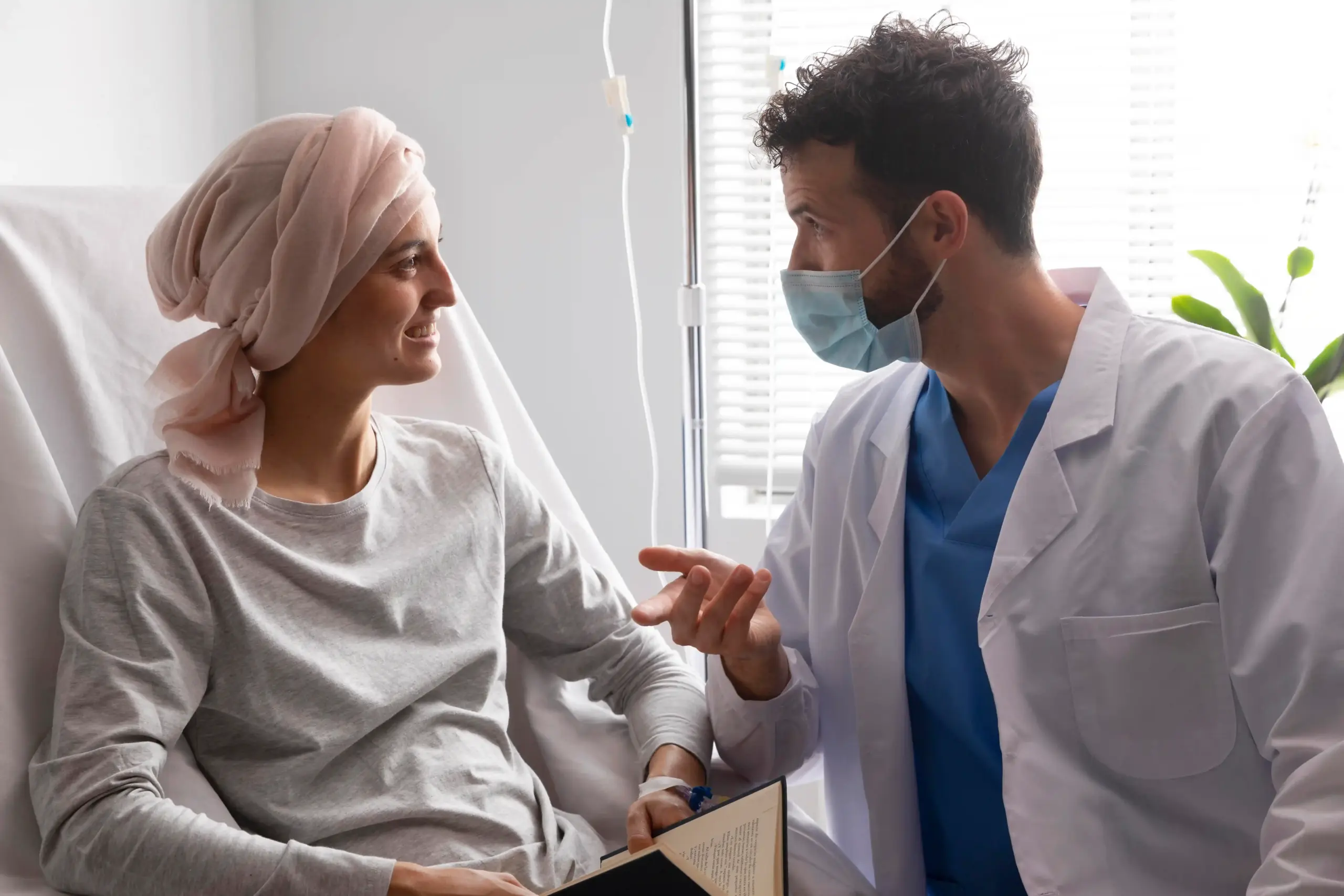
Geriatric Oncology
Geriatric oncology is a specialized field of oncology that focuses on the care and treatment of older adults diagnosed with cancer. As people age, the risk of developing cancer increases, and managing cancer in elderly individuals requires a tailored approach that takes into account age-related factors, comorbidities, and overall health. In geriatrics, cancer treatment must balance effectiveness with minimizing adverse effects that can impact quality of life. At VS Hospitals, we provide specialized care for older cancer patients through our Geriatric Oncology services, ensuring that they receive comprehensive, compassionate, and individualized treatment plans.
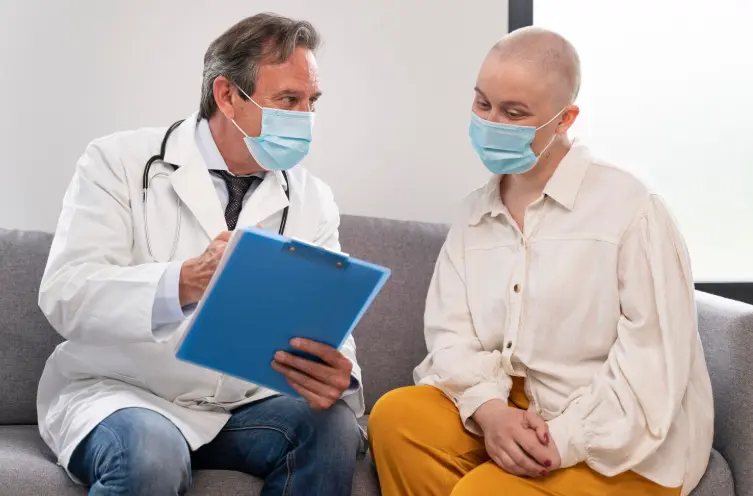
Early Detection Saves Lives
Early detection and treatment are crucial for improving the chances of survival. If you notice any concerning symptoms, consult a healthcare provider immediately.
Signs and Symptoms
Unexplained Weight Loss
Sudden and unexplained weight loss is often one of the first signs of cancer in older adults. It may be caused by the body's response to cancer or by difficulty eating or absorbing nutrients.
Fatigue
Persistent fatigue or weakness that does not improve with rest is a common symptom of cancer. In older adults, fatigue can also be a sign of other age-related health issues, so it’s important to investigate.
Pain
Pain, especially if it’s persistent and not related to a known injury or condition, may be a sign of cancer. The type of pain depends on the cancer’s location (e.g., bone pain, abdominal discomfort, or headaches).
Unexplained Bleeding
Unexplained bleeding, such as blood in the stool, urine, or coughing up blood, should be evaluated for the possibility of cancer.
Difficulty Swallowing or Appetite Loss
Difficulty swallowing, loss of appetite, or early satiety (feeling full after eating a small amount) may indicate cancer in the digestive system, such as esophageal or stomach cancer.
Skin Changes
Unexplained changes in the skin, including the appearance of new moles or growths, or changes in existing ones, could be a sign of skin cancer.
Changes in Bowel or Bladder Habits
Persistent changes in bowel or bladder habits, such as blood in the urine, chronic constipation, or diarrhea, can be symptoms of cancer, particularly colorectal or urological cancers.
Cough or Hoarseness
A persistent cough or hoarseness can be indicative of lung or throat cancer, especially if it’s associated with other signs like weight loss and difficulty breathing.
Blood in Urine
Hematuria - pink, red, or dark urine, the most common symptom
Frequent Urination
Feeling the need to urinate frequently, even when bladder is not full
Painful Urination
Experiencing pain or burning sensation while urinating
Back or Pelvic Pain
Pain that occurs as the cancer grows and spreads
Unexplained Weight Loss
Significant weight loss not related to diet or exercise
Fatigue
Feeling unusually tired or weak without a clear cause
It is essential to understand that some symptoms, such as fatigue or weight loss, are often overlooked in older adults because they are common in aging. If symptoms persist or worsen, it is important to seek medical advice.
Meet Our Expert Geriatric Oncology Oncologists
Risk Factors
Smoking
Smoking is one of the leading causes of bladder cancer. Chemicals in tobacco smoke can damage the lining of the bladder, increasing the risk.

Gender
Men are at a higher risk of developing bladder cancer than women.

Chronic Bladder Infections or Inflammation
Conditions such as bladder infections and long-term bladder inflammation can increase the risk.

Exposure to Chemicals
Prolonged exposure to certain chemicals, especially those used in the dye industry, rubber production, and chemical manufacturing, increases the risk.

Age
The risk of developing cancer increases with age, particularly after 65. The immune system weakens with age, making it harder for the body to fight off abnormal cell growth.
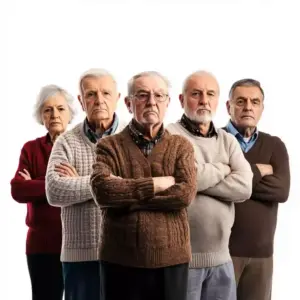
Genetic Predisposition
Family history plays a significant role in many cancers. Older adults with a history of cancer in their families are more likely to develop similar cancers.
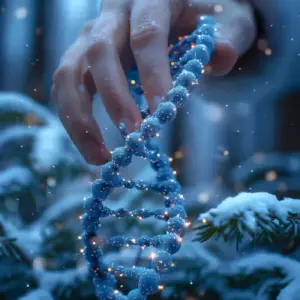
Lifestyle Factors
Delays early detection and timely treatment of age-related cancers.

Chronic Conditions
Certain chronic conditions, such as inflammatory bowel disease or cirrhosis, increase the likelihood of cancer. Age-related conditions, such as diabetes or high blood pressure, can also affect cancer development.
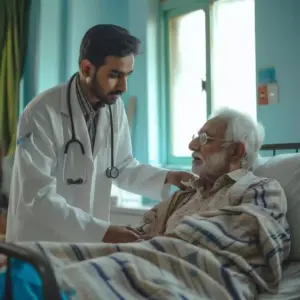
Environmental and Occupational Exposure
Long-term exposure to environmental toxins, such as asbestos, pesticides, or industrial chemicals, can increase the risk of cancer.
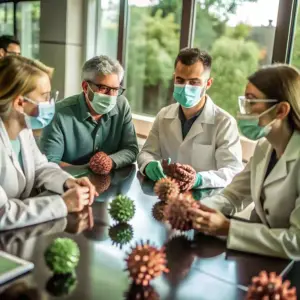
Previous Cancer Treatment
People who have had previous cancer treatments, particularly radiation therapy, are at an increased risk of developing secondary cancers later in life.
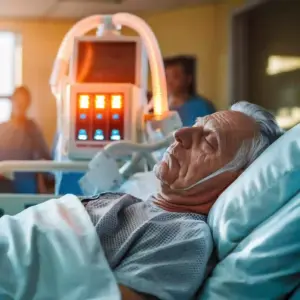
Weakened Immune System
A weakened immune system, whether due to aging or certain medical conditions, can make it easier for cancer cells to grow and spread.
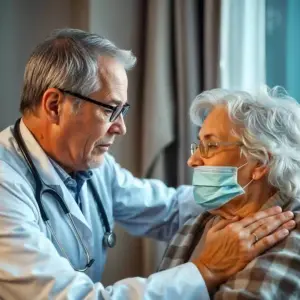
Geriatric Oncology
Diet and Nutrition
Prevention
Diagnosis
Key Services
Key Facilities
Nutrition is crucial in geriatric oncology — not just for strength but also for treatment tolerance and immune recovery. The dietitians at VS Hospitals design meal plans that are gentle, nutrient-dense, and easy to digest.
- Protein-rich diet: Include eggs, fish, lean meats, legumes, and dairy to maintain muscle mass during chemotherapy.
- Colorful vegetables and fruits: Antioxidants from carrots, spinach, and citrus fruits reduce oxidative stress.
- Whole grains: Brown rice, oats, and millets provide sustained energy and fiber for digestive health.
- Healthy fats: Avocados, olive oil, and nuts help with nutrient absorption and heart protection.
- Hydration: Elderly patients often forget to drink adequate fluids, increasing fatigue and toxin buildup.
- Small frequent meals: Prevent nausea and improve appetite in those undergoing radiation or drug therapy.
- Avoid processed or fried foods: These can trigger inflammation and impair healing.
- Monitor supplements: Only take vitamins or herbal remedies after consulting the VS Hospitals oncology nutritionist to prevent drug interactions.
A carefully balanced diet improves energy, immunity, and quality of life during and after treatment.
Cancer prevention in the elderly focuses on proactive screening and lifestyle optimization. VS Hospitals emphasizes education and early detection as key pillars of geriatric wellness.
- Quit smoking and alcohol: Stopping even late in life dramatically reduces cancer risk.
- Maintain healthy weight: Balanced nutrition and regular movement prevent metabolic disorders linked to cancer.
- Regular health check-ups: Annual screenings for colon, breast, and prostate cancers aid early diagnosis.
- Vaccinations: Hepatitis B and HPV vaccines can prevent infection-related cancers.
- Stay active: Light exercises like walking, yoga, or physiotherapy keep immunity and metabolism strong.
- Protect skin from sun: Using sunscreen reduces the risk of skin cancers in older adults.
- Manage chronic diseases: Keeping diabetes, hypertension, and heart disease in control lowers cancer complications.
- Mental health care: Stress management and social interaction support overall immune resilience.
At VS Hospitals, the Geriatric Oncology team integrates preventive care with counseling and community outreach to promote cancer-free aging.
Early diagnosis is crucial in improving treatment outcomes, particularly in older adults. The diagnostic process in geriatric oncology is carefully tailored to address the unique health concerns of elderly individuals. Common diagnostic methods include:
-
Comprehensive Geriatric Assessment: Evaluation of physical health, functional status, and comorbidities to guide cancer diagnosis and treatment.
-
Detailed Medical History and Examination: Thorough review of symptoms, medications, and age-related conditions impacting cancer progression.
-
Imaging Studies: CT, MRI, PET-CT, and ultrasound used to detect and stage cancers accurately.
-
Laboratory and Tumor Marker Tests: Blood investigations to identify organ function and measure cancer-specific biomarkers.
-
Biopsy and Histopathology: Tissue sampling to confirm the type, grade, and stage of cancer.
-
Functional and Cognitive Evaluation: Assessment of mobility, memory, and independence to tailor personalized treatment plans.
-
Multidisciplinary Team Review: Collaborative evaluation by oncologists, geriatricians, and radiologists for holistic patient-centered care.
Early and accurate diagnosis ensures that cancer is identified at its earliest and most treatable stages, particularly for elderly patients, whose overall health must be carefully considered when planning treatment.
VS Hospitals offers a range of specialized services for the diagnosis, treatment, and management of cancer in older adults. Key services include:
- Multidisciplinary Cancer Care: The Geriatric Oncology team at VS Hospitals includes oncologists, surgeons, radiologists, and specialists who work together to create a personalized treatment plan based on the patient’s age, overall health, and cancer type.
- Comprehensive Cancer Screening: We offer regular screenings for older adults who are at higher risk for various cancers, including breast, prostate, colon, and lung cancer.
- Minimally Invasive Surgery: We specialize in minimally invasive surgical techniques that reduce recovery time, minimize complications, and promote faster healing in older patients.
- Radiation Therapy: Advanced radiation therapy options, including stereotactic radiotherapy, are available for treating localized cancers while preserving surrounding healthy tissues.
- Chemotherapy: Tailored chemotherapy regimens, often adjusted for older patients, are used to treat various cancers effectively with minimal side effects.
- Palliative Care: Palliative care services are provided for elderly patients with advanced cancer, focusing on pain management, symptom control, and improving the quality of life.
- Nutritional Support: Proper nutrition is critical in cancer care. Our dietitians provide specialized nutritional counseling to help patients maintain strength and manage side effects of treatment.
- Psychosocial Support: We offer counseling and emotional support to help patients and families navigate the challenges of cancer treatment, providing a holistic approach to care.
VS Hospitals is equipped with state-of-the-art facilities to ensure the best care for older cancer patients. These facilities include:
- Comprehensive Cancer Diagnostic Center: Our diagnostic center uses the latest imaging technologies, including CT scans, MRIs, and PET scans, to accurately diagnose cancer and plan treatment.
- Oncology Surgical Suites: Our surgical suites are equipped with the latest technology for both traditional and minimally invasive procedures, ensuring optimal outcomes with minimal disruption to recovery.
- Radiation Oncology Department: We offer advanced radiation therapy, including external beam radiation and brachytherapy, to treat cancers effectively while minimizing damage to surrounding tissues.
- Palliative and Supportive Care Units: Our palliative care units focus on improving the quality of life for elderly cancer patients, with services such as pain management, emotional support, and rehabilitation.
- Rehabilitation and Physiotherapy: Post-treatment rehabilitation and physiotherapy services are available to help patients regain strength, mobility, and independence following cancer treatment.
- Elderly Care and Geriatrics Specialists: Our team of geriatricians ensures that the unique needs of older patients are addressed throughout their cancer treatment, from managing comorbidities to minimizing treatment side effects.
Top Medical Facilities at Our Multispeciality Hospital – Here’s What Makes Us Different!
Ready to Begin Your Geriatric Oncology Care Journey?
Learn More About Geriatric Oncology Care
Frequently Asked Questions
Common signs of cancer in older adults include unexplained weight loss, persistent pain, fatigue, difficulty swallowing, lumps or swelling, and changes in skin or bowel habits. If any of these symptoms persist or worsen, it’s important to consult a healthcare provider for evaluation.
At VS Hospitals, geriatric oncology is treated with a personalized, multidisciplinary approach, including minimally invasive surgery, chemotherapy, radiation therapy, and palliative care. The treatment plan is tailored to the patient’s age, health status, and cancer type.
While cancer cannot be completely prevented, adopting a healthy lifestyle—avoiding tobacco, maintaining a healthy weight, eating a balanced diet, and undergoing regular screenings—can significantly reduce the risk of cancer in older adults.
